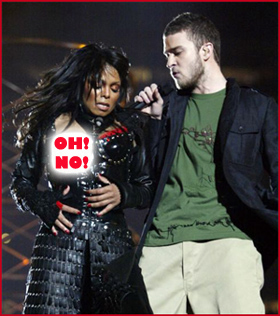Do you ever want to just get away? Just escape all the stress in your life?
Well, some people relax by, and enjoy, immersing themselves in social networking sites or video games. Personally, I don't think this is out of the ordinary, but apparently it can get out of hand. Only recently has an "obsession" with technology or social media turned to talk of addiction because, as with other forms of addiction, when tech addicts are deprived they become, "chronically agitated and irritable," according to Doctor Richard Graham in an
article from BBC News.
You may think,
Wait I minute, I do that, or,
My boyfriend does get upset when I interrupt him while he is playing video games, does that mean we are addicted? No, probably not, but if you are really curious...
right click here to take Capio Nightingale Hospital's technology test, to find out. However, I think the quiz really is more a reminder (because a quiz cannot truly diagnose someone in my opinion) of how overwhelmed we are by media and how sometimes we may place it too high on the priority list.
The article explains that treatment for the addicts is held for inpatients at the Capio Hospital; it involves a three step process of delving into the patients issues with face-to-face relations, next they are encouraged to switch off technology, and finally they engage in exercise/activities with friends or family. You see the problem with tech addicts is not that the merely become irritable,but that their relationships many times take a toll. As Dr. Graham mentions, "The preoccupation with accessing sites and responding to messages is so compelling that it gets prioritized...it can impact on other areas of life and skew young people's ability to engage in other activities".
The idea that adolescents in particular will begin to prefer to spend their time using technology or media, instead of with other humans and such, can be referred to as an issue of "escape", according to Joseph Dominick in, "Social Effects of Mass Communication". Many parents worry about their teenager "escaping" from the real world, but can we even really call it "escaping" when the media "realities" are becoming more and more like our real world experiences? Well, what Dominick and Dr. Graham both also express is concern about the future of media and technology, and how the advances to come may cause technology addiction to become more common.
I don't know about that, but I do think that it makes sense that it is possible to become addicted to technology because, in my opinion, it is possible to become addicted to almost anything. I do agree with Professor Mark Griffiths, who was quoted in the article, that true addicts are not very common. I also think that the steps for treating the addiction are very realistic. As Professor Griffiths said, "Any therapy should be about getting the behavior back under control". You see, they don't expect patients to be able to avoid technology or media, because that is quite impossible, but they do try and wean them off of their compulsive habit.
I think this is a very healthy and reasonable way to go about treating the addicts. I, myself, am not an addict, but I certainly struggle with my prioritizing and spending to much time with media. So, although I am writing this blog, I am actually "fasting" from media at the moment. This means, aside from class purposes, I am not using "Facebook", "Youtube", the internet...I am not watching television, movies, or listening to music (unless I play it myself on the guitar). I can only check my email 2x a day and I can't text, only calls of less than 5 minutes! I chose to do this fast for myself, to see if I could do it and to remove myself from some of the anxiety it brings - you'd be surprised how much it causes! I also began this fast for my Theology class for extra credit. Maybe I will explain more in a later entry, but here are some numbers...
50 days
Start date: Tuesday, March 16th
Days so far: 9
End date: Tuesday, May 4th
Days to go: 41
I have found myself spending so much more time on more important thing, such as my relationships with other, my homework (haha), playing guitar/piano, etc. I have felt less anxious, less rushed. I'm not saying it's easy though...I will keep you all updated. Anyway, maybe you too should give it a try, of course you don't have to start at 7 weeks straight. Maybe just cut out one aspect that you feel keeps you from your relationships or seems to be stealing a lot of your time.
Do you think you could do it? What do you think about the technology addiction or the treatment?
Cristi












